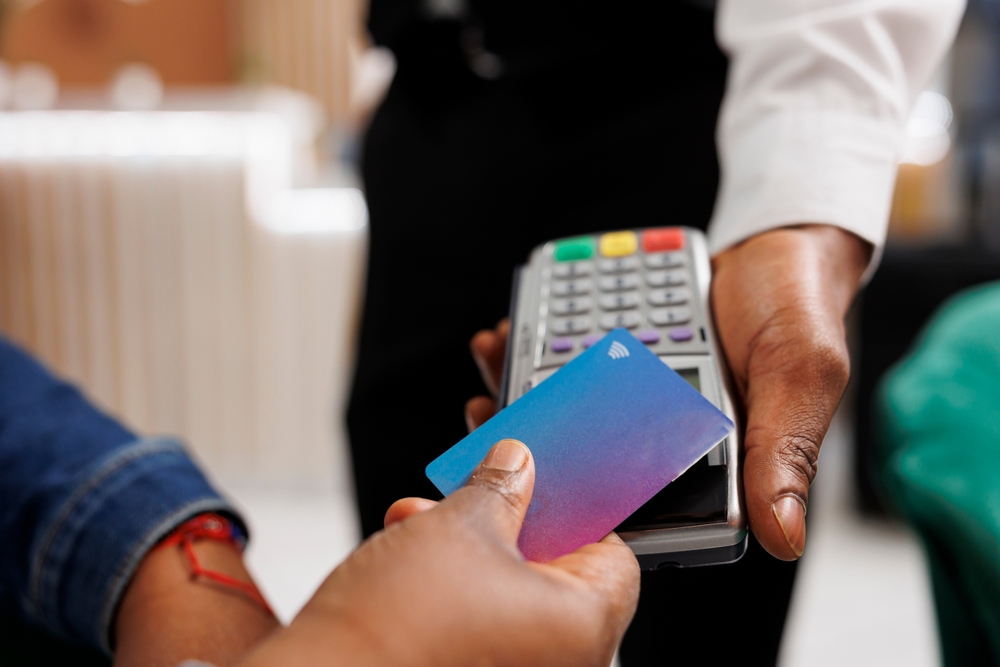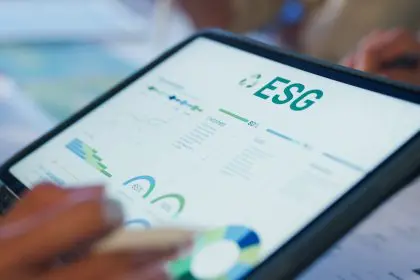Credit cards can be incredibly convenient, offering a quick and easy way to make purchases, both big and small. However, the ease of swiping can sometimes lead to financial trouble if the balance isn’t paid off. This article will explore the consequences of using credit cards without paying off the balance, from interest charges to potential damage to your credit score.
Immediate financial impact
When you swipe your credit card and don’t pay the balance, the most immediate consequence is interest charges. Credit card companies charge interest on the outstanding balance, which can quickly add up. The interest rate on credit cards is typically higher than other forms of debt, often ranging from 15 percent to 25 percent or even higher. This means that a small balance can grow significantly if not paid off promptly.
Accumulating debt
If you continue to swipe your credit card without paying off the balance, you can find yourself in a cycle of debt. Each month, interest is added to the outstanding balance, making it more challenging to pay off. Over time, this can lead to a situation where you are only able to make minimum payments, which covers the interest but does little to reduce the principal balance. This cycle can be difficult to break and can lead to long-term financial stress.
Impact on credit score
Your credit score is a crucial factor in your financial health, affecting your ability to get loans, rent apartments and even secure certain jobs. Swiping your credit card without paying off the balance can have a negative impact on your credit score in several ways:
- High credit utilization: Your credit utilization ratio is the amount of credit you are using compared to your credit limit. A high ratio — especially over 30 percent — can negatively impact your credit score. Continually swiping your card without paying off the balance keeps your utilization ratio high.
- Missed payments: If you miss payments altogether, this will be reported to the credit bureaus. Payment history is the most significant factor in your credit score; missed payments can cause a substantial drop.
- Maxed-out cards: If you max out your credit cards and are unable to pay them off, this can also negatively impact your credit score. It signals to lenders that you might be overextended financially.
Fees and penalties
In addition to interest charges, swiping your credit card without paying can result in various fees and penalties. These can include:
- Late payment fees: If you miss the payment due date, you will likely be charged a late fee. These fees can add up and further increase your debt.
- Over-limit fees: If you exceed your credit limit, you may be charged an over-limit fee.
- Penalty APR: Many credit card companies will increase your interest rate if you miss a payment. This penalty APR can be significantly higher than your regular interest rate, making it even harder to pay off your balance.
Long-term financial consequences
The long-term financial consequences of swiping your credit card without paying off the balance can be severe. Persistent credit card debt can limit your financial options and prevent you from achieving important financial goals, such as buying a home or saving for retirement. High levels of debt can also cause stress and impact your overall well-being.
How to avoid the pitfalls
To avoid the negative consequences of swiping your credit card without paying, it’s essential to develop good financial habits:
- Create a budget: Track your income and expenses to ensure you are living within your means. This will help you avoid relying on credit cards for everyday purchases.
- Pay in full: Aim to pay your credit card balance in full each month. This will prevent interest charges and help you avoid debt.
- Emergency fund: Build an emergency fund to cover unexpected expenses. This can help you avoid using credit cards in emergencies.
- Monitor your credit: Regularly check your credit report to ensure there are no errors and to track your credit utilization and payment history.
Seeking help
If you find yourself unable to pay off your credit card balance, consider seeking help. Many organizations offer credit counseling and debt management services. A credit counselor can help you create a plan to pay off your debt and offer advice on managing your finances.
The risks of credit cards
Swiping your credit card without paying off the balance can lead to significant financial consequences, including accumulating debt, damage to your credit score and various fees and penalties. The ease of using credit cards can sometimes mask the reality of the financial burden they can create. By understanding these risks and developing good financial habits, you can avoid falling into the trap of credit card debt and maintain a healthy financial future.
It’s essential to approach credit card use with discipline and a clear repayment strategy. Establishing a budget, paying your balance in full each month, building an emergency fund and regularly monitoring your credit are key practices that can help you manage your finances effectively. Remember, using credit cards responsibly is crucial to avoid the pitfalls of high-interest debt and to ensure your financial stability. Being proactive and informed about your credit card usage can safeguard your financial health and contribute to long-term financial success.
This story was created using AI technology.












